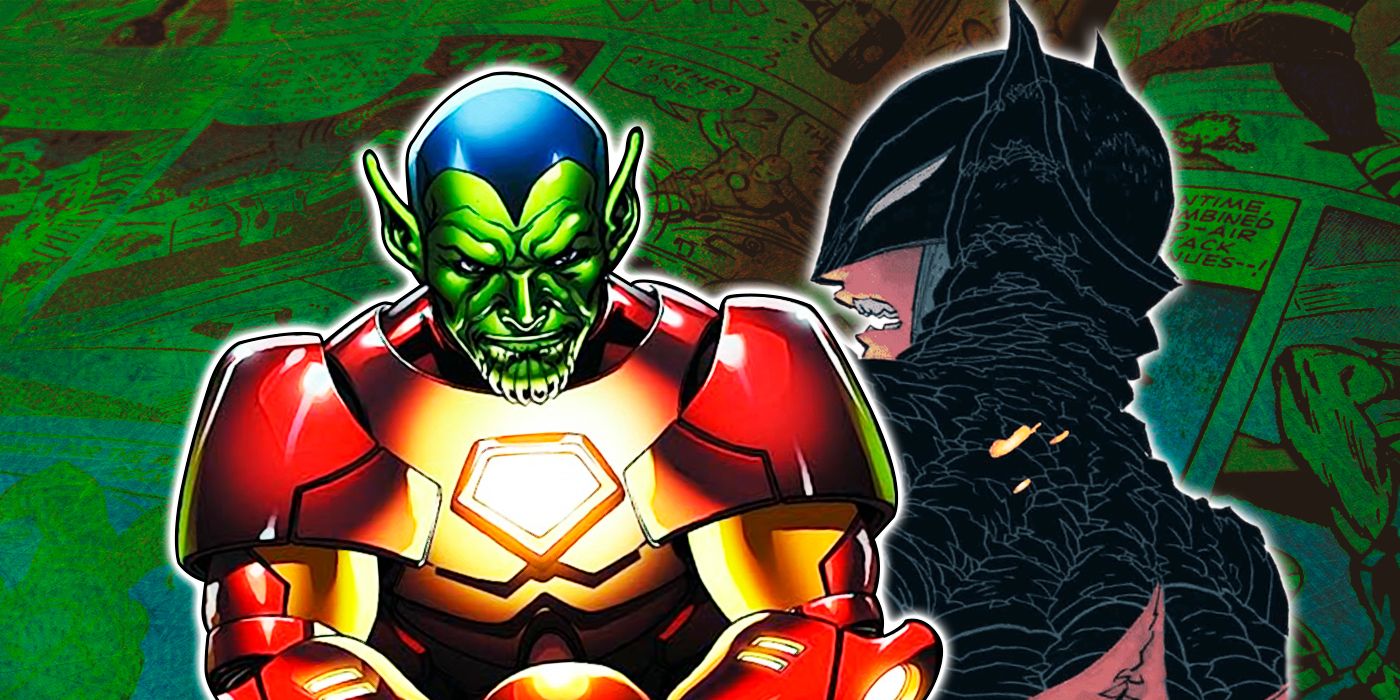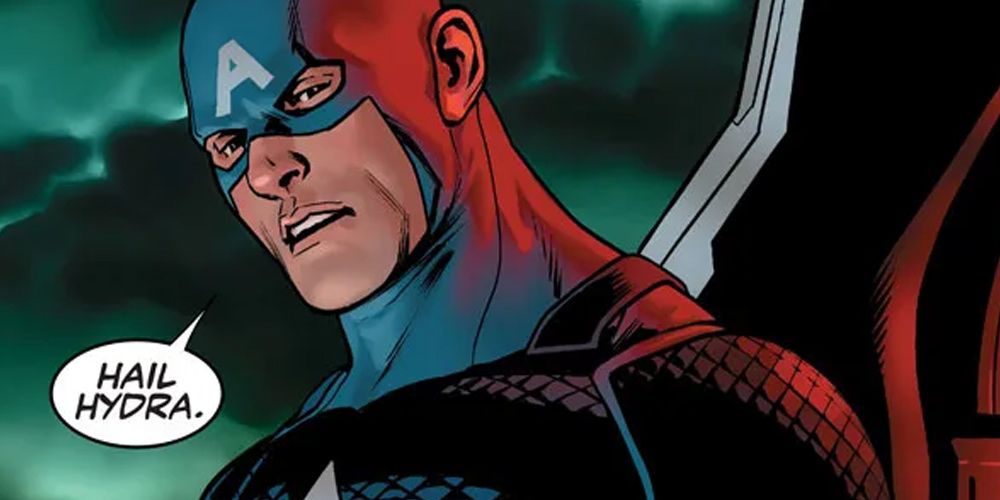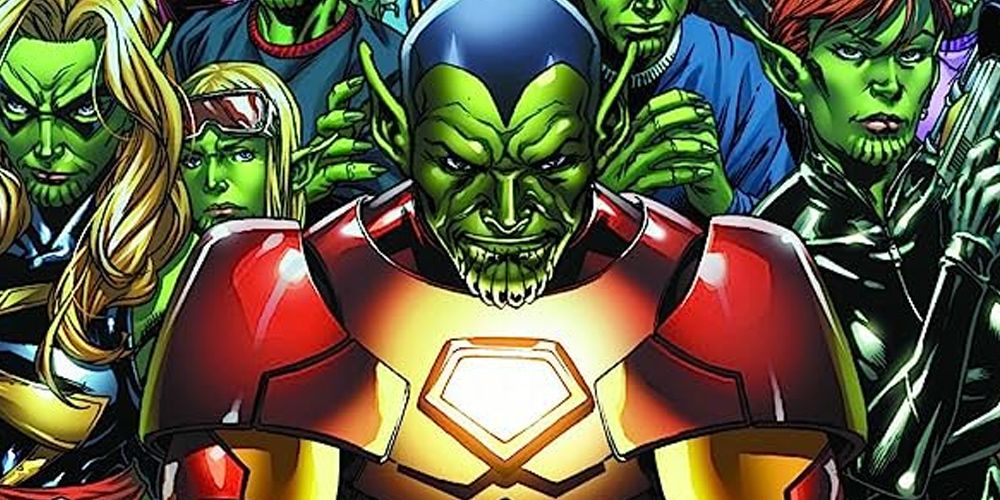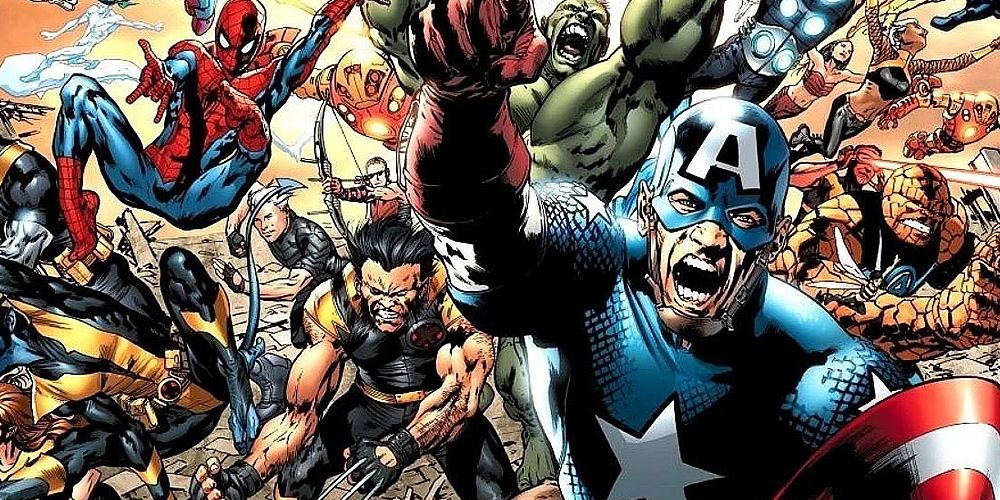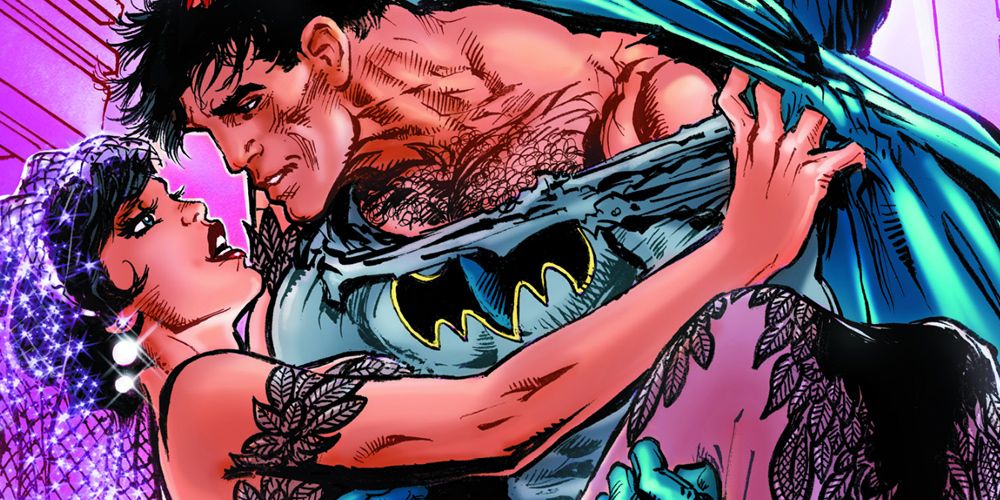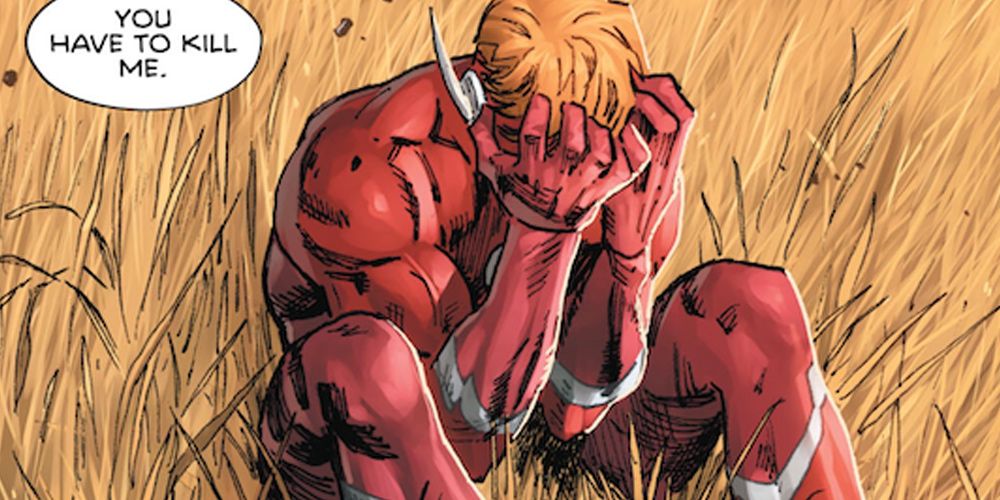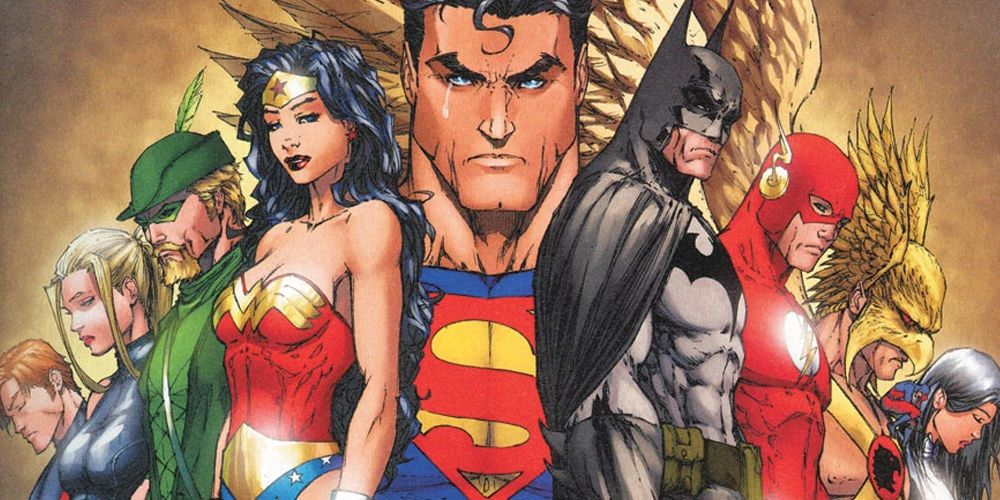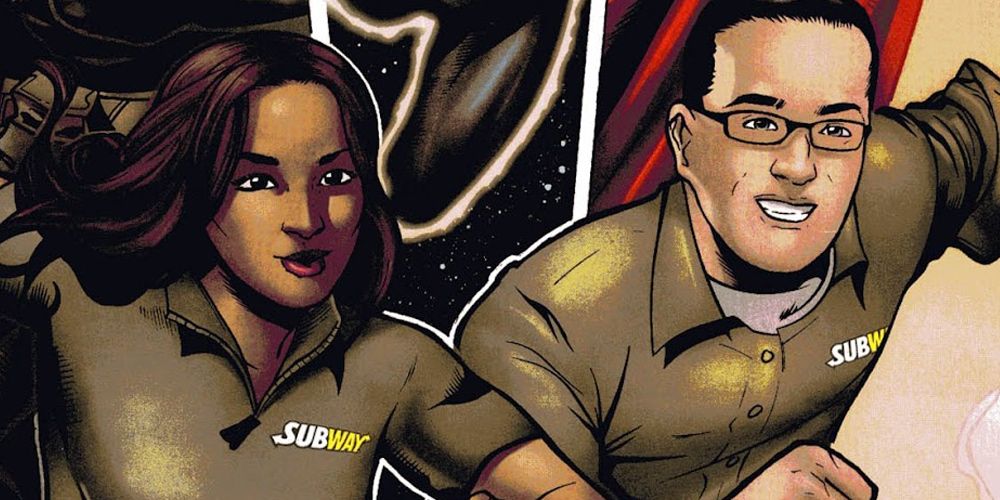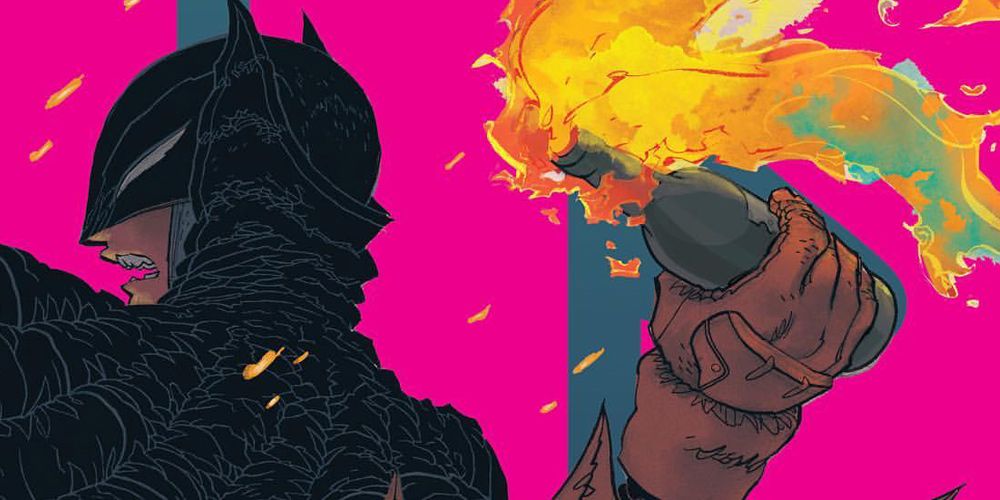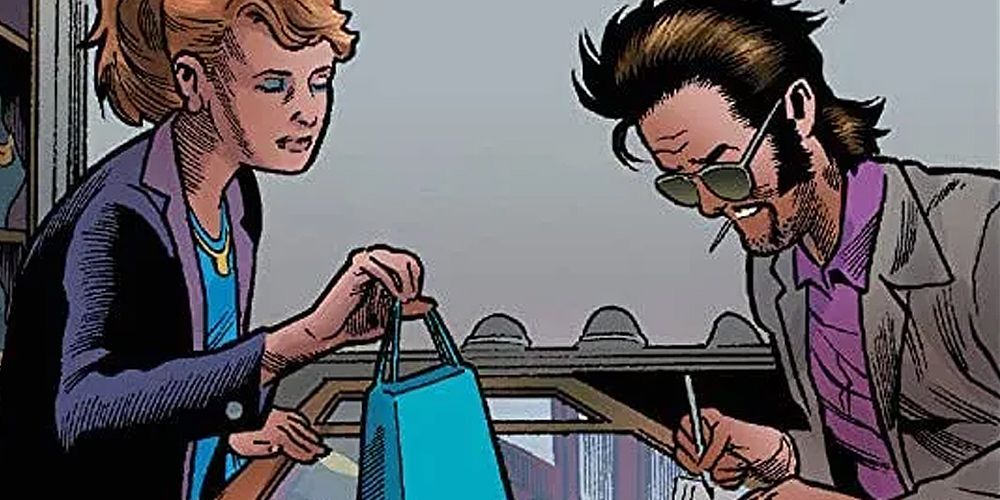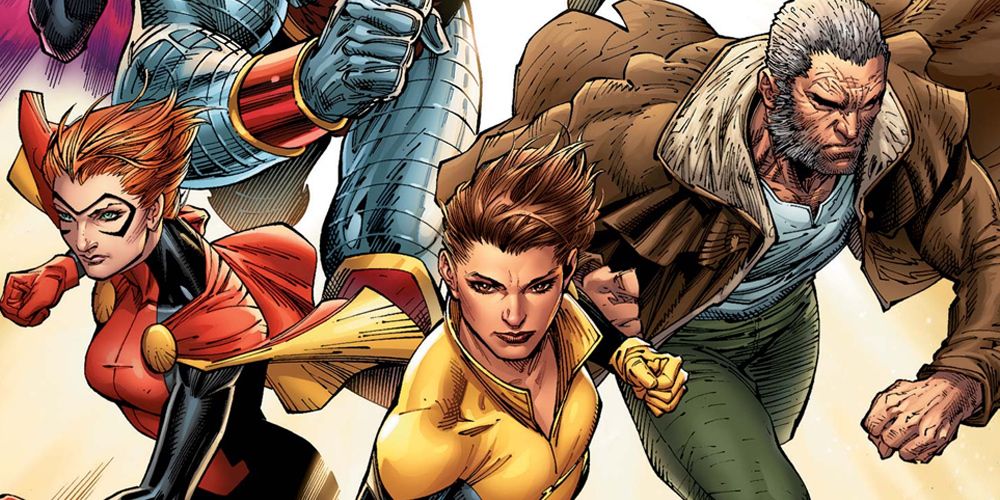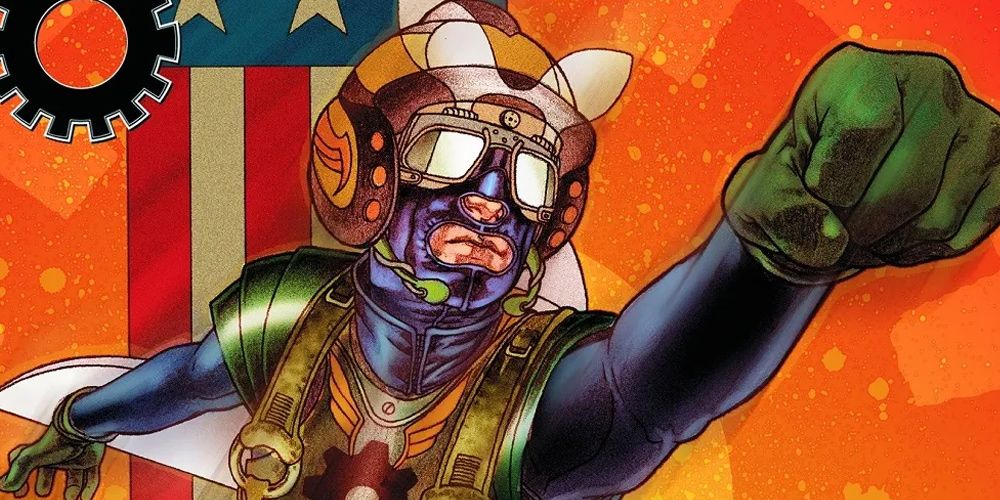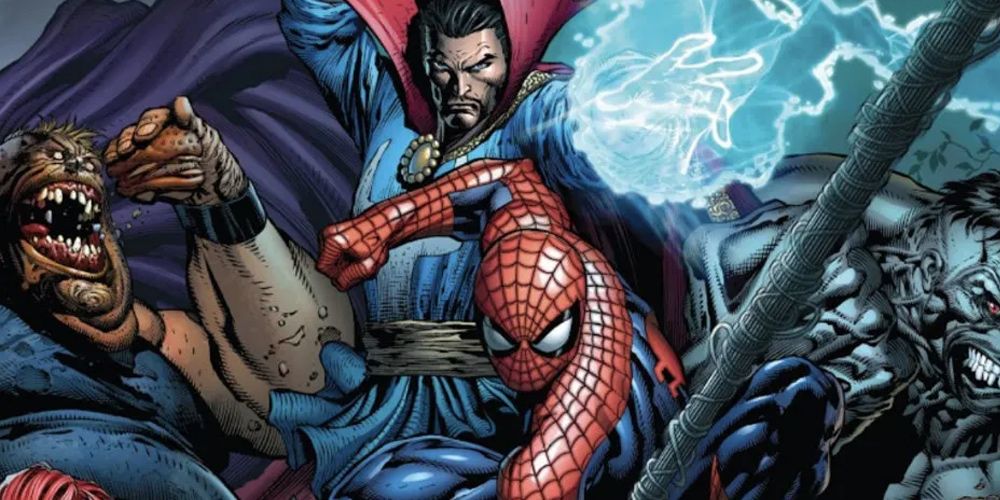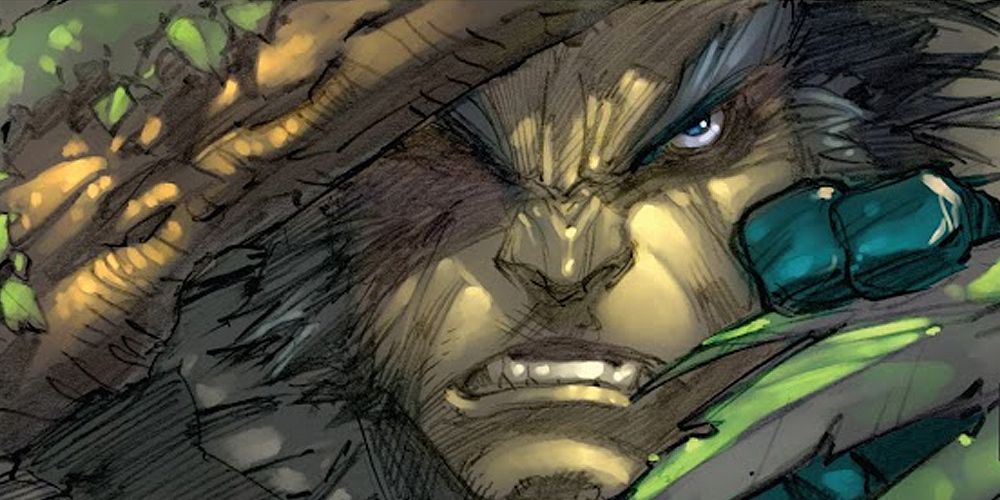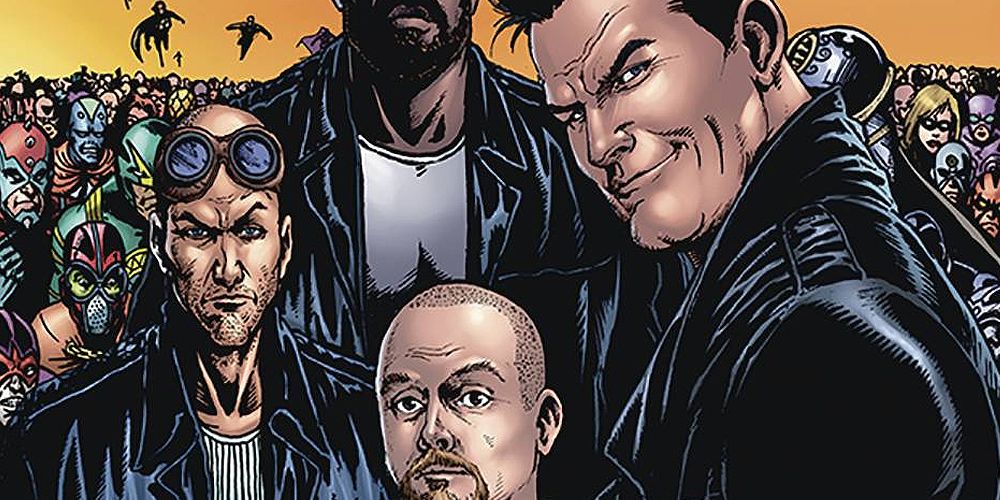Summary
It is rare for a reader to come across a comic book story that truly feels timeless. That does not always detract from the story's quality in terms of it being good or bad. However, there are some comic moments that aged so poorly that they ended up overshadowing the rest of the story. It even came to the point that the story itself feels moot.
Sometimes, entire stories age poorly due to the ever-changing political climate and improving societal norms. In other cases, the comic's story beat immediately doesn't hold up in a modern context. As such, comics don't necessarily have to date back to the Golden, Silver, or Bronze Ages to be deemed to have aged poorly and judged accordingly.
Updated on July 27, 2023 by Angelo Delos Trinos: It could be argued that the ongoing Modern Age of Comics is one of the best periods the medium has seen. There are more readers and a variety of stories than ever before. However, this also means that many modern comics failed to become modern classics because of how they aged. This list was updated to include more comic issues.
14 Captain America: Steve Rogers (2016)
The first issue of Captain America: Steve Rogers sparked controversy the moment it hit shelves. This was all because of its final panel, which showed Steve Rogers suddenly being revealed to be a HYDRA turncoat. By uttering "Hail Hydra," Rogers was revealed to have been a HYDRA sleeper agent this whole time.
Critics and readers lambasted this because it didn't make sense for a groundbreaking symbol of hope like Captain America to join the Nazi offshoot HYDRA. Others were offended because Cap's creators, Jack Kirby and Joe Simon, were Jewish artists. They felt that Cap becoming a part of HYDRA was an affront. The backlash led to a retcon where the real Cap was brainwashed and displaced to another reality.
13 Secret Invasion (2008)
The only thing more shocking than the Civil War ending on the side of Iron Man and the Superhuman Registration Act was the revelation that almost everyone the heroes fought was a Skrull in disguise. At the time, Secret Invasion rewrote Marvel's status quo. But in hindsight, it was a premise that existed to do damage control for Civil War.
Although readers appreciated Secret Invasion undoing Civil War's stances, it didn't have many stakes. No one really important died, and characters' drastic actions were explained away with Skrulls. The Skrulls and the invasion itself also played into many negative stereotypes about Muslim people and post-9/11 paranoia.
12 The Ultimates
There is nothing inherently wrong with having strong feels of patriotism towards the United States, or any country that one hails from. However, in the current state of people becoming aware of America's dark history and societal injustices, The Ultimates reads now, at worst, as Marvel's pro-American refutation that was defiantly hateful of everyone else.
The Ultimates was extremely mean-spirited. It's best viewed as a post-9/11 time capsule that highlighted a very paranoid, angry, and overly-patriotic period in America. Even briefly ignoring The Ultimates' narrow worldview, it was also a needlessly aggressive and hypermasculine book that aged poorly.
11 The Wedding Of Batman & Catwoman (Batman #50)
One of the biggest events that DC Comics promoted recently was Catwoman and Batman's marriage. The two were an on-and-off couple for decades. But when DC committed to having them tie the knot, it was treated as a big deal. It was even teased across several Batman issues and other books. However, there actually wasn't a wedding.
When it came time for the two to walk the aisle, they backed out. Not only did they call off their wedding at the last minute, but Catwoman broke up with Batman. Reading everything leading up to the wedding— or lack thereof—felt like a waste. This stung even as it was around the same time that Marvel had Rogue and Gambit tie the knot.
10 Heroes In Crisis
To its credit, Heroes in Crisis was an ambitious attempt to humanize DC's superheroes. Through a murder-mystery and intimate psychoanalytic sessions, the comic explored the heroes' mental health in the face of a bloody massacre. These good intentions came crashing down when Wally West was revealed to be the culprit.
At the time, Wally embodied the DC Universe's hope and optimism. Seeing his hands get bloody felt like a betrayal to some fans. The comics' writing was criticized for being too melodramatic for its subject and themes, while the art was deemed inappropriate at times.
9 Identity Crisis
The "Women in Refrigerators Syndrome" (or "Fridging") was coined by Gail Simone for her website of the same name. Inspired by Alex DeWitt's brutal murder and her corpse being stuffed into a refrigerator, "fridging" explained instances in comic books where a woman's trauma or death only happened to drive the plot and motivate the male hero.
In Identity Crisis, Sue Dibny became the new ultimate example of fridging. The poorly aged Identity Crisis was initially praised for its shocking depiction of morally gray superheroes. However, it aged badly. Dibny's sexual assault and murder existed for shock value and to start the plot. Worse, her trauma was revealed to be incidental to the story's true crux.
8 Subway Presents: Justice League #4
In 2011, DC— in conjunction with fast food chain Subway— released a four-part series Subway Presents: Justice League. The series promoted the sandwich store's brand and highlighted Sbuway's "Famous Friends." Some of these endorsers included pro-boxer Laila Ali and Jared Fogle, who was Subway's wholesome representative.
The comics' reviews weren't necessarily scathing. It was viewed as harmless product placement. But in light of Fogle's convictions, seeing him in an adventure with DC's biggest heroes aged poorly. DC had no way of knowing what Fogle was guilty of at the time, but there's a reason they buried Subway Presents: Justice League.
7 Dark Knight Returns: The Golden Child
Dark Knight Returns: The Golden Child went a little bit under the radar during its initial release, but it caused a firestorm before one issue was even sold. In December 2019, DC released promo art featuring Carrie Kelley's Batgirl chucking a Molotov cocktail. The poster also included background text that read "The future is young."
The comic was ultimately overshadowed by this poorly aged promo. Readers and The Guardian drew parallels between pro-democracy protests that were happening in Hong Kong at the time. Americans also saw similarities to the protests inspired by unchecked police violence. DC recalled the promo, and released a cleaned version.
6 The Immortal Hulk #43
The last thing readers wanted from The Immortal Hulk was anti-Semitic imagery, and yet that's what they saw in the 43rd issue. In the jewelry store Joe Fixit dropped by, the window showed the Star of David under a slur. Marvel quickly recalled the issue of the critically-acclaimed The Immortal Hulk, and reprinted it with a cleaned panel (pictured).
Artist Joe Bennett apologized, but his social media activity later exposed that he was a fervent supporter of hateful policies and of ousted Brazilian president Jair Bolsonaro's right wing rhetoric. Writer Al Ewing cut ties with Bennet, and Marvel fired him almost immediately. As of this writing, Bennet is still blacklisted by the comics' industry.
5 X-Men: Gold (2017) #1
At face value, a certain panel from the first issue of X-Men: Gold may not look like anything more than Colossus hitting a baseball with a bat. But a deeper look suggests something worse and offensive. Readers realized that Colossus' shirt featured a controversial Quran verse that's been interpreted as being anti-Semitic.
There's also a panel featuring the Jewish Kitty Pryde beside yet more anti-Semitic dog whistles. The offensive images of X-Men: Gold's debut issue plagued the rest of the series, leading to its abrupt end just a year later during Marvel's "Fresh Start Initiative." Artist Ardian Syaf was fired by Marvel, and effectively blacklisted by the comics' industry.
4 Ex Machina
Ex Machina was a political drama that was published by DC Comics' now-defunct Wildstorm imprint. It centered around the world's first and only superhero, The Great Machine, as he navigated through a post-9/11 world. Since it was published shortly after 9/11, Ex Machina's reactionary political text and themes were unsurprisingly poorly aged.
Ex Machina posited that Saddam Hussein and Al-Qaeda were linked in some way and collaborated on the terrorist attacks on the World Trade Center. This was a major truism in the comic' alternate history. However, in 2005, government investigations revealed that not only were the two not linked, but Hussein had no involvement in 9/11.
3 Ultimatum
With the success of the Ultimate Universe during the 2000s, Marvel decided it was time to shake things up. Enter Ultimatum, a miniseries that served as something as the universe's finale. It closed major storylines in the hopes of opening new ones. In retrospect, it did more to kill the Ultimate Universe than to strengthen it.
Enraged at the death of his children, Magneto sought out to wipe out the human race. The highly controversial and poorly aged Ultimatum's first issue killed major characters in truly reprehensible ways, including an infamous panel where The Blob ate The Wasp. She was avenged when her husband, Hank Pym, grew into a giant and bit off Blob's head.
2 The Ultimates 3 #3
Thanks to movies like Avengers: Age of Ultron and its televised follow-up WandaVision, fans became attached to the Wanda and Pietro Maximoff's sibling relationship. Unfortunately, that bond becomes harder to stomach when those same fans discover or remember that the Ultimate Universe gave them an incestuous relationship.
Panels where the twins expressed their love for each other verbally and physically were rampant in The Ultimates' pages. This came to a head in The Ultimates 3's third issue, where a creepy Wolverine watched them elope. This poorly aged issue will leave a bad taste in the mouths of MCU viewers, as it did with comic readers at the time.
1 The Boys
The late 2000s saw a surge in dark and edgy deconstructions of superheroes. The Boys was arguably the movement's most prominent comic. The Boys did this by being incredibly mean-spirited and one-sided against colorful superheroes. Here, "supes" were remorseless monsters who could only be stopped by excessively edgy anti-heroes.
Even ignoring The Boys' poorly aged takes on gender dynamics and world events, it was a tirade against superheroes. There's a reason why Amazon Prime's adaptation of the superhero-hating The Boys only loosely followed the comics, and was much better for it.

